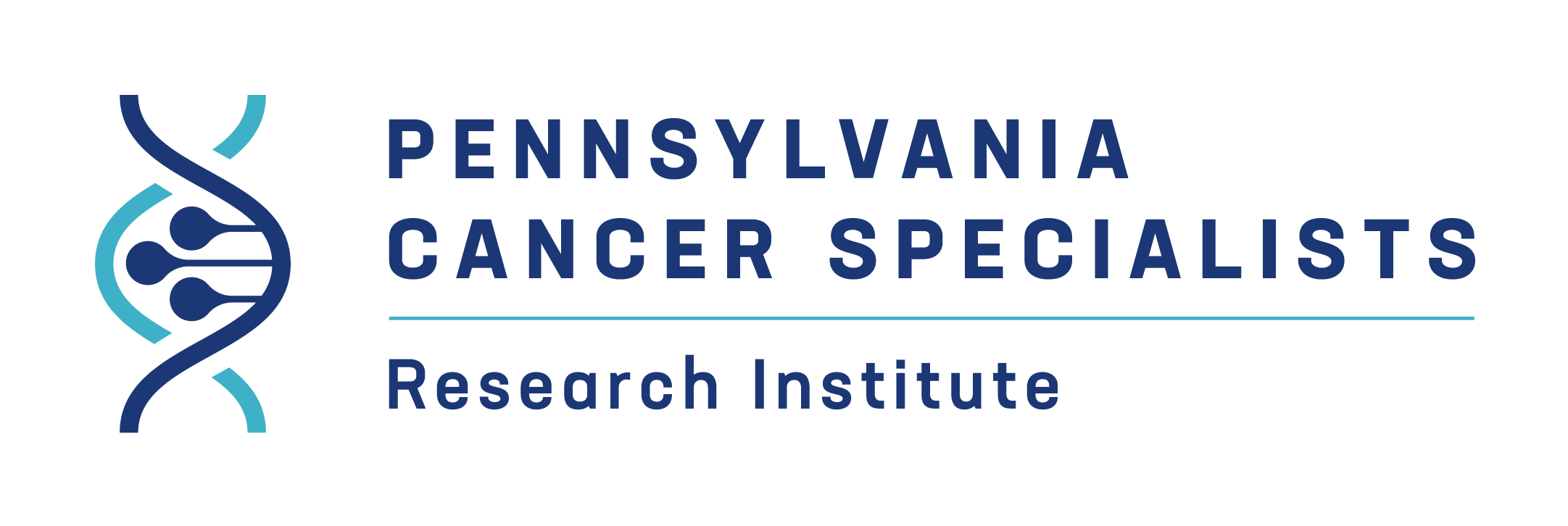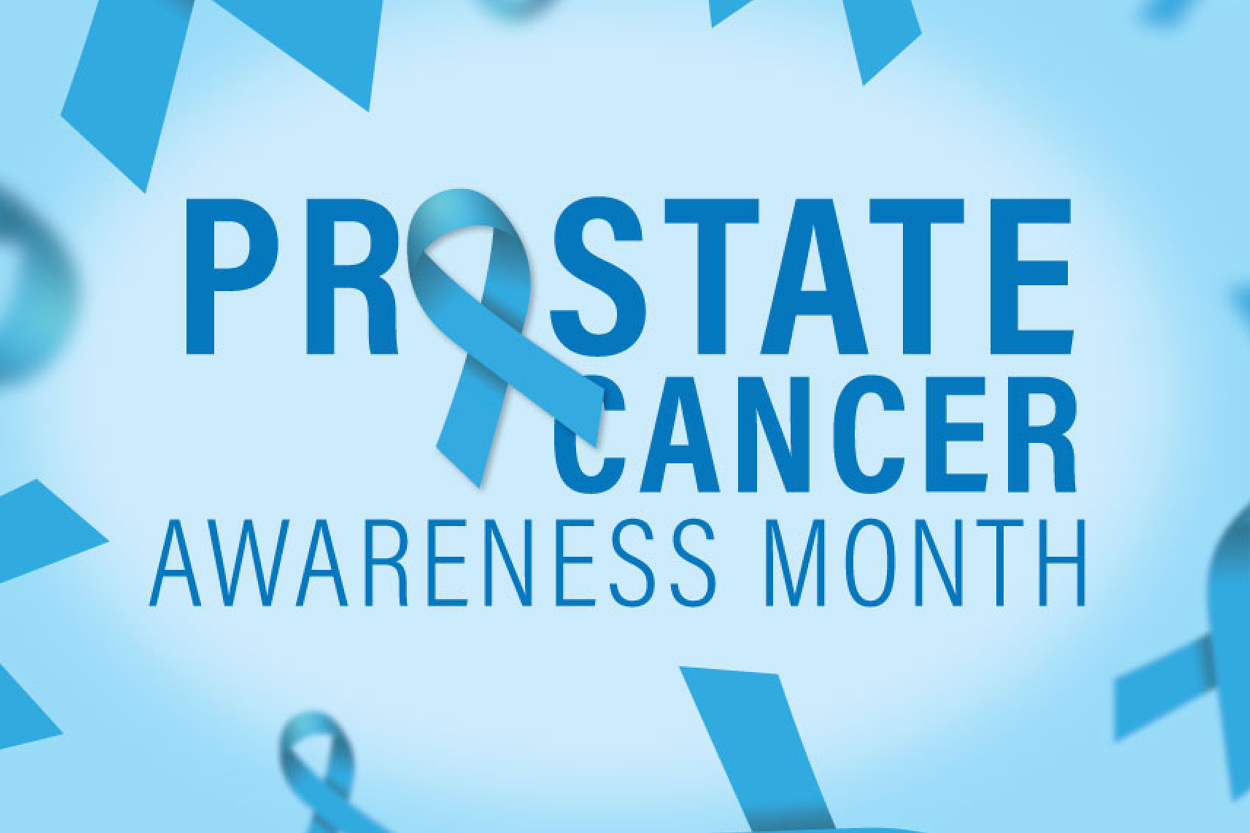Prostate cancer: Personal Risk Factor & Prevention
Prostate cancer is a significant health concern for men worldwide. While all men are at risk for developing this condition, certain factors can elevate the likelihood of its occurrence. By understanding these risk factors and taking proactive measures, men can empower themselves to reduce risk and prioritize their overall health.
Prostate Cancer Risk Factors
Several factors contribute to the risk of developing prostate cancer. While some are beyond our control, others can be managed through lifestyle choices and regular medical check-ups.
Age:
Age is a significant risk factor for prostate cancer. The risk of developing the disease increases significantly with age, with about 60% of all prostate cancer diagnoses occurring in men over the age of 65. Regular screenings become even more crucial as men enter their senior years.
Family History:
Family history plays a role in prostate cancer risk. Men with at least one close relative who has had prostate cancer are twice as likely to be diagnosed with the disease compared. Inherited gene mutations account for approximately 10% of prostate cancers. It's important to talk with everyone in your family about their health history.
Race and Ethnicity:
Race and ethnicity also contribute to prostate cancer risk. Black and African American men are more likely to develop prostate cancer than other racial groups. Black men are 1.7 times more likely to get prostate cancer and 2.1 times more likely to die than white men. This disparity underscores the importance of tailored screenings and early detection efforts within at-risk populations.
Chemical Exposure:
Exposure to certain chemicals, such as those found in Agent Orange, has been linked to an increased risk of prostate cancer. Veterans who served in the Vietnam and Korean Wars and were exposed to such chemicals have shown higher disease occurrences. Certain professions involving chemical exposure, such as farming, welding, and battery manufacturing, also have elevated risks. Due to their exposure to carcinogens, firefighters might also face increased risk.
Diet and Physical Activity:
Diet and physical activity play vital roles in prostate cancer prevention. Obesity has been associated with a slight increase in the risk of prostate cancer, which may contribute to the aggressiveness of the disease. Men who maintain a healthy weight and engage in regular physical activity can significantly lower the risk of developing prostate cancer.
Prevention
Prostate cancer prevention involves a multi-faceted approach, combining awareness, lifestyle adjustments, and regular medical care.
Early Detection: Regular Screenings
Regular screenings, such as the prostate-specific antigen (PSA) test and digital rectal exams (DRE), are crucial for detecting prostate cancer in its early stages. Men at average risk should begin discussing testing options with their doctors around the age of 45. For those at higher risk, such as black men and those with a family history, conversations about screening should start as early as age 40.
Healthy Lifestyle: Diet and Exercise
Maintaining a healthy weight through a balanced diet and regular exercise can significantly reduce the risk of prostate cancer. Physical activity for as little as one to three hours a week has been linked to an 86% lower risk of aggressive prostate cancer. Incorporating more fruits, vegetables, whole grains, and lean proteins into your diet can improve overall health.
Knowledge is Power: Family History and Genetic Testing
Understanding your family's health history can provide insights into your genetic predisposition to prostate cancer. If you have a family history of prostate, breast, ovarian, or pancreatic cancers, consider discussing genetic testing options with your healthcare provider. Early identification of genetic mutations can help tailor prevention and treatment strategies.


